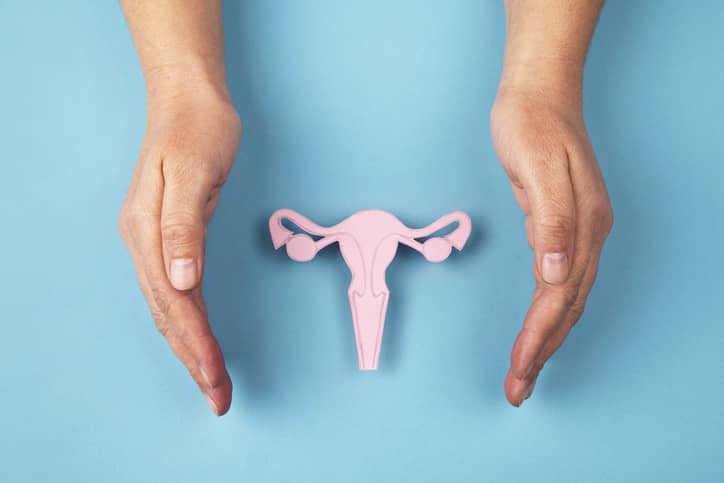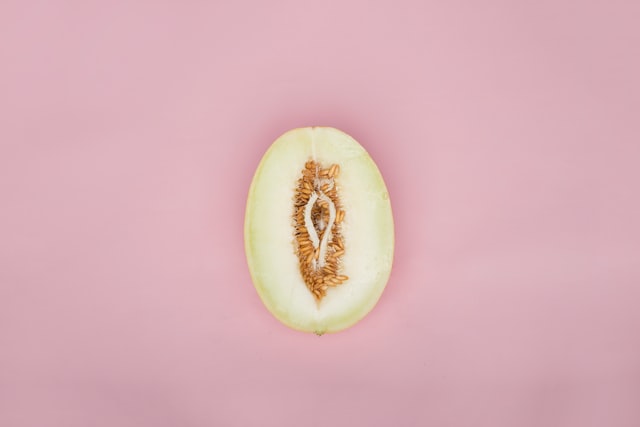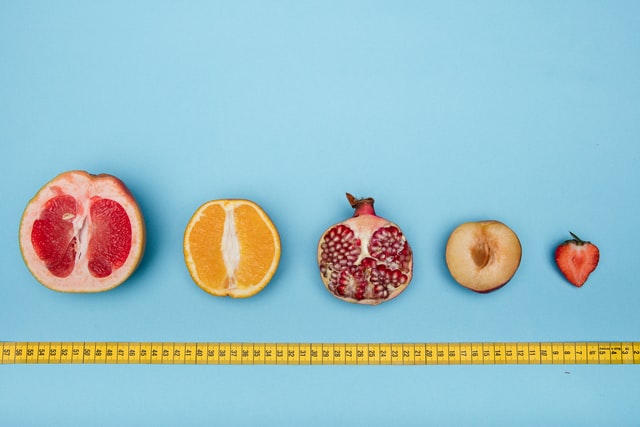What happens when a female is sexually excited?
When a female gets sexually aroused, or excited, many emotional and physical arousal responses are triggered. Your nerves, blood vessels, brain and hormones all change in some way, but that’s not all. Your thoughts and emotions also come into play when you get ‘turned on’.
The term ‘female sexual excitement’ is usually used to describe someone with a vagina getting sexually excited.
Read on to find out what really happens to your body when you’re sexually excited, including the physical signs and the 4 main stages of arousal your body goes through when it feels sexual pleasure.
What are the physical signs of female arousal?
The main signs of female arousal include:
- your breasts getting fuller
- your nipples hardening (getting erect)
- your heart rate and breathing getting faster
- swelling of your clitoris and your vagina’s inner lips (labia minora)
- having an orgasm (climaxing)
Everyone is different, but usually your body will go through 4 stages when you respond to sexual arousal: excitement, arousal, orgasm and resolution.
The 4 stages of female arousal
Stage 1: Excitement (Motivation)
This first stage is where you start feeling sexually excited because of thoughts, words, sights, smells or touch. You may feel a desire to have sex in this first stage, but this desire may only build up once you’re in the second stage of arousal.
You might feel the muscles in your body start to tense and your heart rate and breathing get faster. Your breasts may become fuller and your nipples may harden (get erect).
You may start thinking about masturbating, which is giving yourself sexual pleasure by stimulating your genitals through touching or rubbing.
Stage 2: Arousal (Plateau)
Sexual arousal is when sexual excitement is both thought about and felt in the body. Blood will start to flow to your vagina, making your clitoris and vaginal walls swell. This increased blood flow also causes your vagina to produce more lubricating fluid – this is often called ‘getting wet’.
Your muscles will continue tightening and your clitoris will feel very sensitive. Your breathing and heart rate will also continue to increase.
Stage 3: Orgasm
When you reach the climax or peak of sexual excitement, it’s called having an orgasm. Just before orgasm, the muscles throughout your body tense up even more. As your orgasm begins, the muscles in your vagina tighten and release (contract) in a rhythmical way.
An orgasm generally lasts for only a few seconds. During this time you’ll have involuntary muscle contractions and spasms, and your blood pressure, heart rate and breathing will be at their highest. You’ll also feel a sudden, strong release of sexual tension.
You may have 1 orgasm, or more than 1 (multiple orgasms). And you don’t need to have an orgasm to enjoy sex.
Find the answers to more questions you may have about the female orgasm.
Stage 4: Resolution
This final stage is where you feel a sense of overall wellbeing and are completely relaxed. Most often, this stage will come after orgasm, but it can also happen after sexual activity without an orgasm.
At this stage, your body will begin to return to its original levels of functioning with your heart rate and breathing returning to normal. Swollen areas will also go back to their original state. You may even feel sleepy.
You may be able to orgasm again quite quickly after your first one and have multiple orgasms. This is unlike someone with a penis who can’t orgasm again straight after ejaculation – discover more about the stages and physical signs of male arousal.
When to see a doctor
If you have pain during sexual activities, problems with arousal, can’t reach orgasm, have a low sex drive (libido) or are unhappy with your sex life (what is known as female sexual problems, or dysfunction), it’s a good idea to speak to a doctor.
They will be able to diagnose any problems and offer advice to help you understand your body and your sexual responses.
Your sex drive, or libido, may be different from someone else’s – and what seems ‘normal’ to you may be unusual for someone else. You may wonder if your sex drive is too high, or be worried when it feels too low, so you may want to know how to increase it. But it’s normal for your libido to be higher and lower at different times in your life. Discuss this with a doctor if it’s really worrying you.
Your questions answered
Is it normal to have a swollen vagina after sex?
Sometimes the vulva, the outer parts of the vagina, can be swollen after sex as a result of arousal or friction, but it usually returns to normal. If it doesn’t and you experience other symptoms such as pain inside your vagina or in your lower tummy, or you keep having pain just before, during or after sex, see a doctor.
Why is my private area throbbing?
Pain in and around your vagina and vulva can have many causes, such as infection, skin disorders, vaginal dryness, vaginal surgery or scar tissue. If you feel this throbbing before, during or after sex, you may have a condition like vulvodynia. If you keep on feeling this pain, it can also lead to you having problems with sexual activity (sexual dysfunction). Because vaginal pain has so many causes and can cause you more pain, it’s best to ask a doctor for advice.
What’s the difference between arousal fluid, vaginal discharge and cervical mucus?
Cervical mucus is a natural fluid produced during your menstrual cycle by glands in and around your cervix. It changes in thickness and consistency as you go through the phases of your cycle. When you're most fertile, this mucus becomes slippery and wet, like raw egg white, and helps sperm travel into your cervix and uterus. You only produce arousal fluid in your vagina when you're sexually excited – this lubrication makes sex easier. Vaginal discharge is a term used for any fluids produced by your vagina, such as cervical mucus and arousal fluid. – Answered by Dr Rhianna McClymont, Lead Doctor at Livi. Click here to speak to a registered doctor by video, today (UK only).
Key takeaways
- when you’re sexually excited a number of things happen to your body in response
- being sexually excited is also called sexual arousal or being turned on
- the sexual response to being aroused usually happens in 4 stages
- you may have 1, or many orgasms, but you don’t have to have an orgasm to enjoy sex
- you should talk to your doctor if you’re unhappy with your sex life or have problems with arousal







